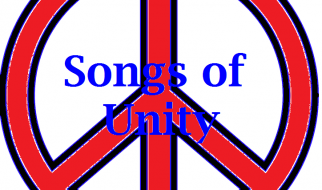As per Armstrong (1997) Human resource management is defined as ?a strategic approach to acquiring, developing, managing, motivating and gaining the commitment of the organization?s key resource ? the people who work in and for it.?
In general, human resource management is concerned with hiring, motivating and maintaining workforce within businesses.
Functions of Human Resource Management Includes:
Managerial Functions
Operative Functions
Managerial Function Includes:
1. Planning
One of the primary function where number & type of employees needed to accomplish organizational goals are determined. Research forms core HRM planning which also helps management to collect, analyze and identify current plus future needs within the organization.
2. Organizing
Organization of the task is another important step. Task is allocated to every member as per their skills and activities are integrated towards a common goal.
3. Directing
This includes activating employees at different levels and making them contribute maximum towards organizational goal. Tapping maximum potentialities of an employee via constant motivation and command is a prime focus.
4. Controlling
Post planning, organizing and directing, performance of an employee is checked, verified and compared with goals. If actual performance is found deviated from the plan, control measures are taken.
Operative Function Includes:
1. Recruitment/Hiring
Hiring is a process which brings pool of prospective candidates who can help organization achieve their goals and allows managements to select right candidates from the given pool.
2. Job Analysis & Design
Describing nature of the job like qualification, skill, work experience required for specific job position is another important operative task. Whereas, job design includes outlining tasks, duties and responsibilities into a single work unit to achieve certain goal.
3. Performance Appraisal
Checking and analyzing employee performance is another important function that human resource management has to perform.
4. Training & Development
This function allows employees to acquire new skills and knowledge to perform their job effectively. Training and development also prepares employees for higher level responsibilities.
5. Salary Administration
Human Resource Department also determines pays for different job types and incudes compensations, incentives, bonus, benefits etc. related with a job function.
6. Employee Welfare
This function takes care of numerous services, benefits and facilities provided to an employee for their well-being.
7. Maintenance
Minimizing employee turnover and sustaining best performing employees within the organization is the key. Minimizing ROI within HR department is also a key goal for Human resource management team.
8. Labor Relations
Labor relation is regards to the workforce who work within a trade union. Employees in such domain form a union/group to voice their decisions affectively to the higher management.
9. Personal Research
Research is a vital part of human resource management. It is performed to keep a check on employee opinion about wages, promotions, work condition, welfare activities, leadership, employee satisfaction and other key issues.
10. Personal Record
This function involves recording, maintaining and retrieving employee related information including employment history, work hours, earning history etc.

